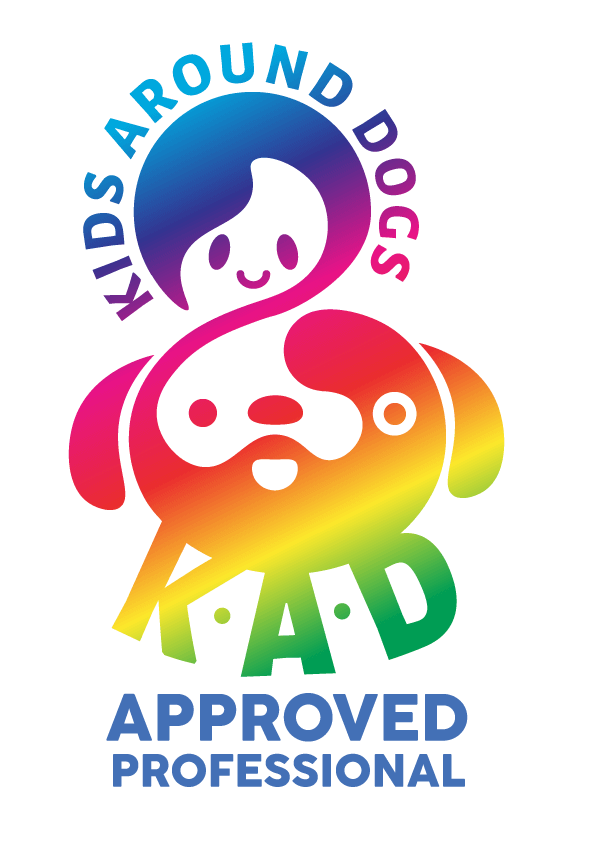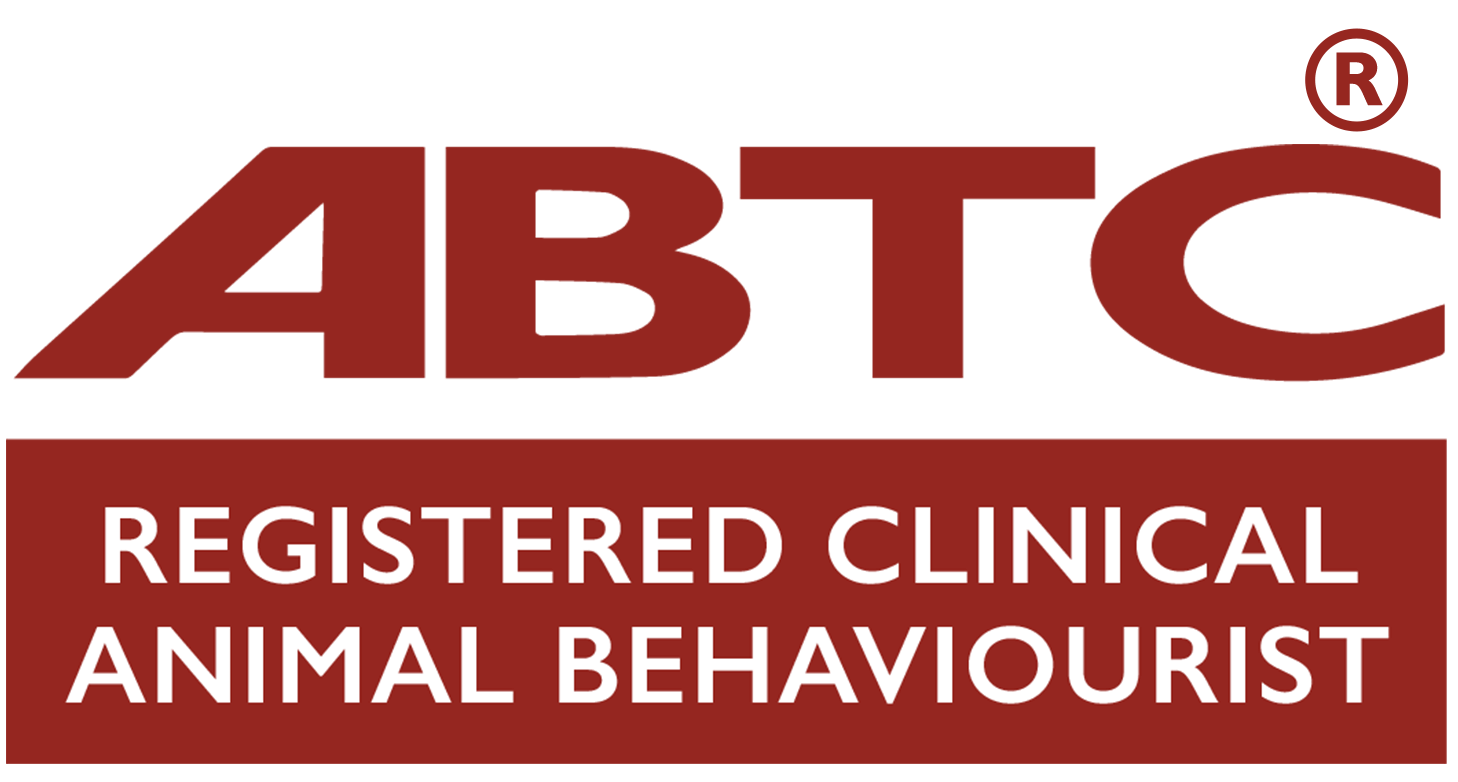It is estimated that close to 500,000 dog owners in the UK use electronic collars (e-collars). With around to 170 different models of e-collars available on the market, the use of these devices in dog training doesn’t come without controversy. The latest research from the University of Lincoln seems to back previous studies that show there are greater welfare concerns around the use of electronic collars than with positive reward-based training.
The study’s results revealed that when training with the “shock collars” the dogs’ exhibited signs of distress, particularly when the devices were used at high settings.
This research, led by Jonathan Cooper – Professor of Animal Behaviour and Welfare at the University of Lincoln’s School of Life Sciences, was initially based on a small sample of dogs that had been referred for training because of their propensity to chase sheep. The researchers investigated the performance and welfare consequences of training the dogs in the field with the manually operated electronic devices. The results indicated changes in the dogs’ behaviour during training were consistent with pain or aversion, as well as an increase in the dogs’ salivary cortisol levels.
A further study was then conducted involving trainers from the Association of Pet Dog Trainers to see if the collars can be used to improve obedience without comprising the dogs’ welfare. This second study involved 63 pet dogs referred for training due to poor recall and chasing behaviours including worrying sheep. The dogs were split into two groups; group one using the shock collars and group two as the control. The trainers used the devices at lower settings with a pre-warning function and the dogs’ behavioural responses were less marked compared to the first study. However, the dogs trained with the electronic collars did display more signs of tension – including yawning and were less engaged with the environment than the control dogs.
Professor Cooper said of the results published in the academic Journal Plos One: ”e-collar training did not result in a substantially superior response to training in comparison to similarly experienced trainers who do not use e-collars to improve recall and control chasing behaviour. It seems that the routine use of e-collars, even in accordance with best practice as suggested by the manufacturers, present a risk to the well-being of pet dogs.” Cooper went onto suggest that the scale of this risk would increase when the collars were used outside of ‘best practice’.
These latest results show, like its predecessors, that the efficacy of the electronic collar is no greater than reward based training and the fact it presents welfare risks to some dogs, makes the use of these devices in dog training highly questionable. And, that is why the Kennel Club and other welfare organisations are calling for these collars to be banned in the UK.
What are “shock” collars?
Electrical stimulation or shock collars are devices through which a trainer can remotely deliver a shock, using pain as a positive punisher in order to suppress a target behaviour. Shock collars are also recommended for use as a negative reinforce, for example; the pain ceases when the dog shows the correct behaviour. These devices are available to the general public and are marketed for obedience training as well dealing with a range of specific behaviour problems, including; aggression, predatory behaviour, toilet training, separation-related behaviour and compulsive behaviours. (Lindsay, 2005)
Some shock collars come with a tone or a vibration meant to warn the dog of the eminent shock or they can be used independently of the shock. Some collars give a short electrical shock that lasts between 4ms and 500ms where others also give continuous stimulation that can last for as long as the button on the remote is pressed. There are considerable differences between collars in shock delivered, from 110v (at 5 kW), to 6000v (at 500kW) and the effect on the dogs will depend on their skin resistance.
Learn more about our classes

Get Hanne's Book
Playing With Your Dog will help any dog owner work out the games that are best suited for their pet to play throughout his life, from puppyhood to old age. The book also shares some tricks for all ages, group activities, and recommended toys that dogs will enjoy.

























